Solving the mystery of why we push people away can be a daunting task. We often find ourselves in situations where our relationships with others become strained and broken, yet we don’t understand exactly what has caused this to happen.
It’s like trying to solve a jigsaw puzzle without knowing how all the pieces fit together. But understanding why we push people away is an important step towards building healthy relationships and finding inner peace.
In this article, I’m going to explore some of the underlying causes behind pushing people away and show you ways to start making changes today. So if you’re ready to take a deep dive into yourself and figure out why it is that you keep pushing people away, let’s begin!
Childhood Experiences That Impact Adult Attachment Patterns

I’ve always had difficulty forming and maintaining close relationships, something I’m only recently begun to understand. My insecurity in my attachments likely stems from experiences during the early stages of my life.
In particular, research suggests that childhood attachment styles manifest themselves in adult attachment patterns. Specifically, those who experienced an insecure attachment style during childhood are more likely to have a fear of rejection and fear intimacy more as adults.
My own experience has led me to believe this is true for me. Growing up with parents who were overly critical or distant certainly shaped how I responded to other people later on in life. As such, it’s not surprising that I tend toward pushing people away when they get too close – a subconscious attempt at self-protection against their potential disapproval or abandonment.
Fear Of Intimacy And Vulnerability

I believe that my fear of intimacy and vulnerability is at the heart of why I push people away. Intimacy issues can cause us to feel uncomfortable when someone gets too close, even if we do like them. This creates a sense of insecurity and fear of rejection in relationships with others.
When it comes to emotional intimacy, I find myself worrying about how other people will perceive me or whether they’ll accept me for who I am.
It’s difficult to trust anyone enough to open up emotionally and reveal aspects of oneself that could be judged by others. As a result, I’ve often avoided getting into relationships where more than superficial conversations are involved.
Low Self-Esteem And Self Worth

My insecurity lingers and prevents me from forming meaningful connections with others. My lack of self-confidence is rooted in negative core beliefs about myself that have developed over time.
These beliefs are often based on past experiences and have made it difficult for me to open up and trust people around me. As a result, I tend to put up walls between myself and those who care about me which leads to further isolation and loneliness.
Negative Core Beliefs
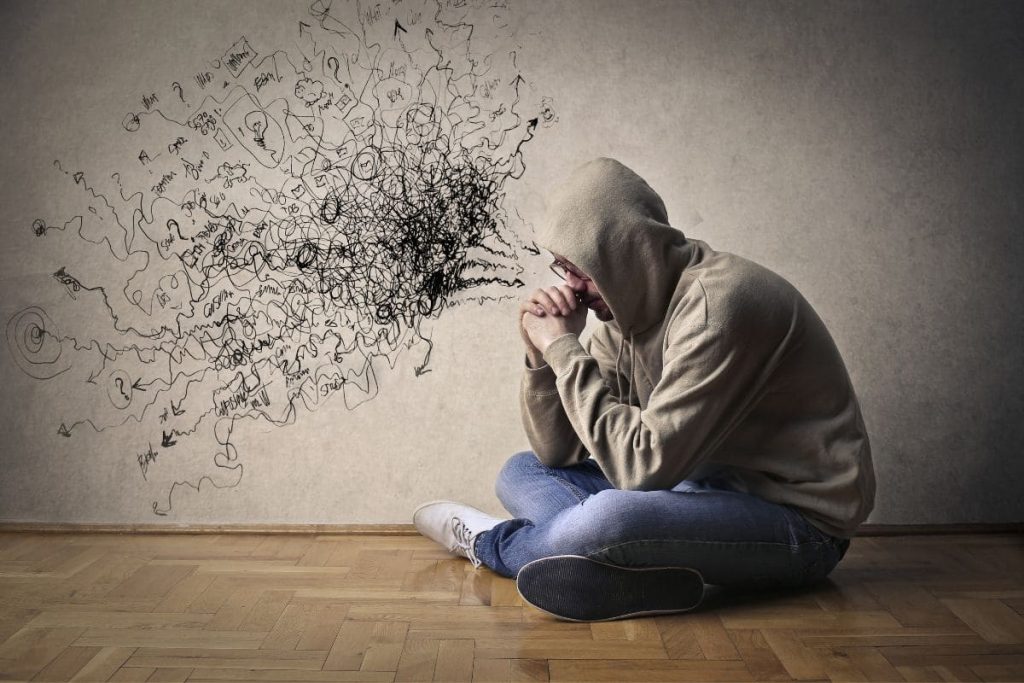
When I look back on my relationships, it’s clear that I push people away. It’s a trait of mine that’s caused me to miss out on healthy relationship connections and form bad habits in terms of how I treat others.
The reason why I do this is because of certain negative core beliefs that have been ingrained into my psyche over time. These are deep-seated thoughts about myself and the world around me, which lead me to engage in defense mechanisms like pushing people away before they get too close.
I’ve struggled for years with feelings of low self esteem-worth and insecurity surrounding my mental health issues, leading me to believe that I’m undeserving of love or friendship from those around me.
This has made it difficult for me to open up and trust anyone enough to let them become part of my life – so instead, I just avoid getting involved altogether by pushing people away first.
Unresolved Trauma And Anxiety

I’ve been living with a nagging feeling in the back of my mind that I might be pushing people away because of unresolved trauma and anxiety. When thinking about this, it’s like opening Pandora’s box – I’m not sure what to expect when looking into why I behave this way.
It’s possible that my struggle with mental health problems is making me feel anxious and unable to cope, leading me to push people away without even realizing it.
My self-reflection may have led me here – seeking answers as to why I do things that hurt those around me, yet at the same time benefit myself by creating distance.
My experience has taught me that understanding our own behavior requires consistent effort over time – just like any other skill worth mastering. Taking the time for honest self-reflection can unlock many insights into ourselves we didn’t know existed before.
Poor Coping Skills

I’ve been pushing people away because I lack healthy coping skills. When faced with stressful situations, I struggle to know how to stop pushing people and take care of myself instead.
In a way, my poor coping skills are connected to the fact that I have trouble trusting others. It’s hard for me to feel comfortable in any situation where someone else might be able to hurt or reject me.
The more stressed out I get, the less likely it is that I’ll be able to cope effectively. Instead of asking for help or leaning on friends, family, or other support systems in these moments, I retreat and push them away before they can do the same to me first.
Rejection Sensitivity
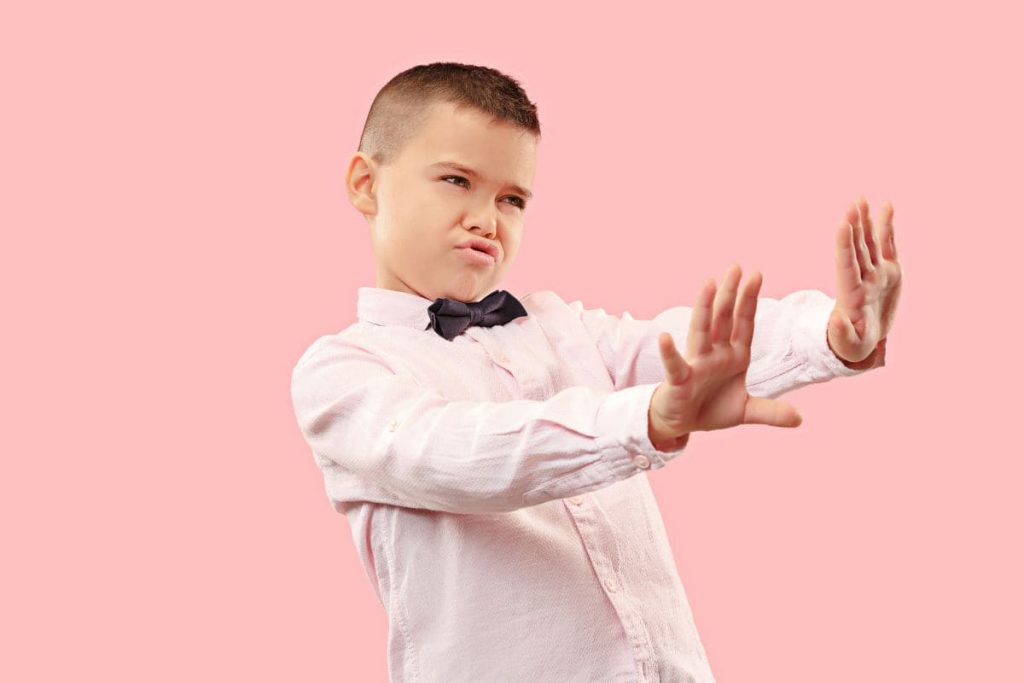
It’s like an invisible force is preventing me from taking the necessary steps to establish and maintain intimate relationships. One reason this may be happening is that I have a high level of rejection sensitivity. This means that any perceived slight or criticism can cause me intense emotional pain and make it difficult to stay in a relationship.
It often feels easier to push someone away before they reject me, rather than risk hurt feelings if they decide they don’t want a romantic or close relationship with me.
My fear of being rejected makes it hard for me to take risks and trust other people enough to let them into my life.
Unhealthy Relationships

I believe unhealthy relationships can be a factor in why I push people away. Family members are often the first people we form relationships with and, if those relationships are unhealthy or toxic, it can lead to me pushing others away unconsciously.
It’s possible that I could start a relationship off on the wrong foot by pushing someone away too soon, before even getting to know them properly. This could explain why I find it hard to have direct conversations with someone when a relationship starts; instead of talking things through openly and honestly, my default is to shut down and avoid any type of connection whatsoever.
On top of this, being around family members who do not practice healthy communication has also likely contributed to my habit of pushing people away without meaning to.
If I’m used to communicating non-verbally or using sarcasm as a way of expressing myself rather than having direct conversations about whatever problems may arise within our relationship, this behavior will eventually become second nature for me – sabotaging any chance at real connections with other people outside of my family circle.
It’s clear then that unresolved issues from past romantic relationships might be one explanation for why I tend to push people away so quickly and easily.
Perfectionism

I believe my perfectionism is the main reason why I push people away. Growing up, I was constantly striving to be perfect in everything that I did and this has carried over into adulthood.
My life story includes many instances of feeling uncomfortable with failure or any imperfection. Whenever I feel like something isn’t going according to plan, it can cause me a lot of anxiety, depression, and stress and make me want to retreat from social situations.
This makes it difficult for me to maintain close relationships with loving friends and family because I’m afraid that if they knew about every mistake I’ve made, they would no longer accept me as their friend or family member.
This fear carries over into new relationships too, making them more challenging than normal.
Communication Difficulties

My past experiences have led me to be overly cautious in my interactions, making it hard for me to build meaningful connections with close friends or even strangers.
When this happens, I find that I unconsciously push people away without meaning to do so; it’s almost as if a barrier is built between us and I become unable to communicate on an emotional level.
This behavior has resulted in many missed opportunities for real connection, something which leaves me feeling empty and alone after all attempts at communication fail.
Social Isolation

I have found that pushing people away is a result of social isolation. I’ve noticed that it’s easier for me to keep an arm’s length between myself and others, rather than connecting on a deeper level.
This often happens overnight without warning. After being around someone for long enough, I start to feel like my personal space has been invaded which leads to me wanting to distance myself from them.
It can even happen with my current partner if I don’t take the time out to make sure we’re both feeling satisfied in our relationship. I know this doesn’t make sense but it’s something that has become so habitual that it feels hardwired into my behavior.
Stress And Burnout
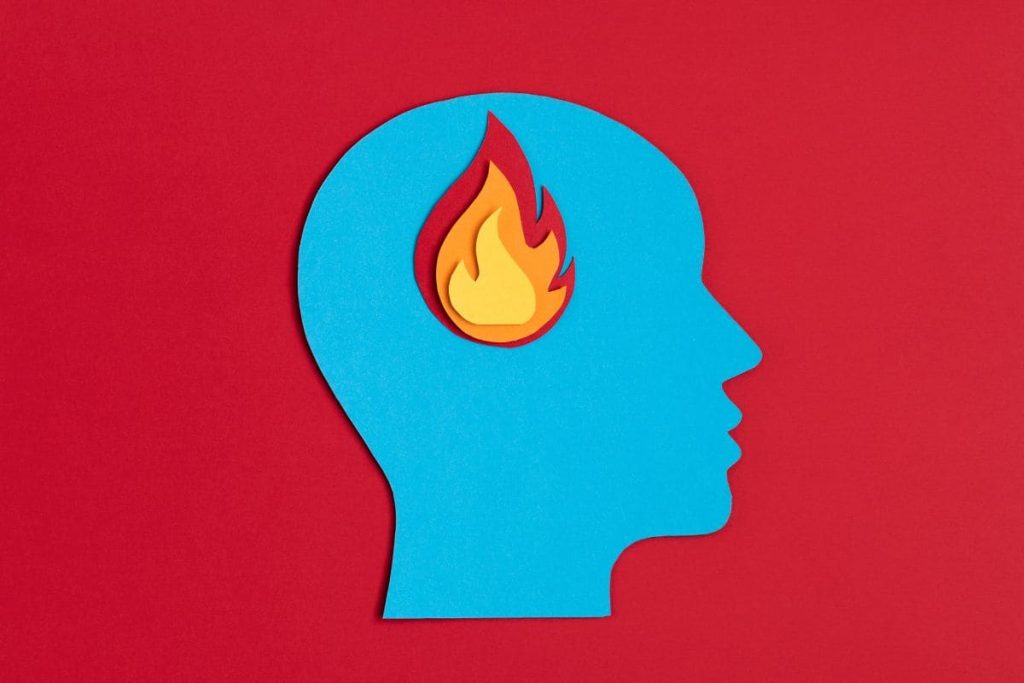
I think it’s a natural part of life to feel overwhelmed sometimes – and that’s why I push people away. Most people, myself included, are so busy with our everyday lives that stress is almost inevitable.
It can be difficult for me to take the time to open up and connect with someone when my plate is already full. This could also explain why I have been struggling to commit to a new partner; the thought of adding another person to an already crowded schedule has become too much for me.
Burnout is common among those who struggle with managing their workload or lack of balance in their lives.
When things get overwhelming, it’s normal for us to want some space from other people in order to recharge and refocus on ourselves. Unfortunately, this often causes us to unintentionally hurt others through pushing them away without meaning to do so.
How To Stop Pushing People Away?

Now that I have identified some of the possible root causes for my tendency to push people away, it’s time to look at solutions.
Seeking Professional Help
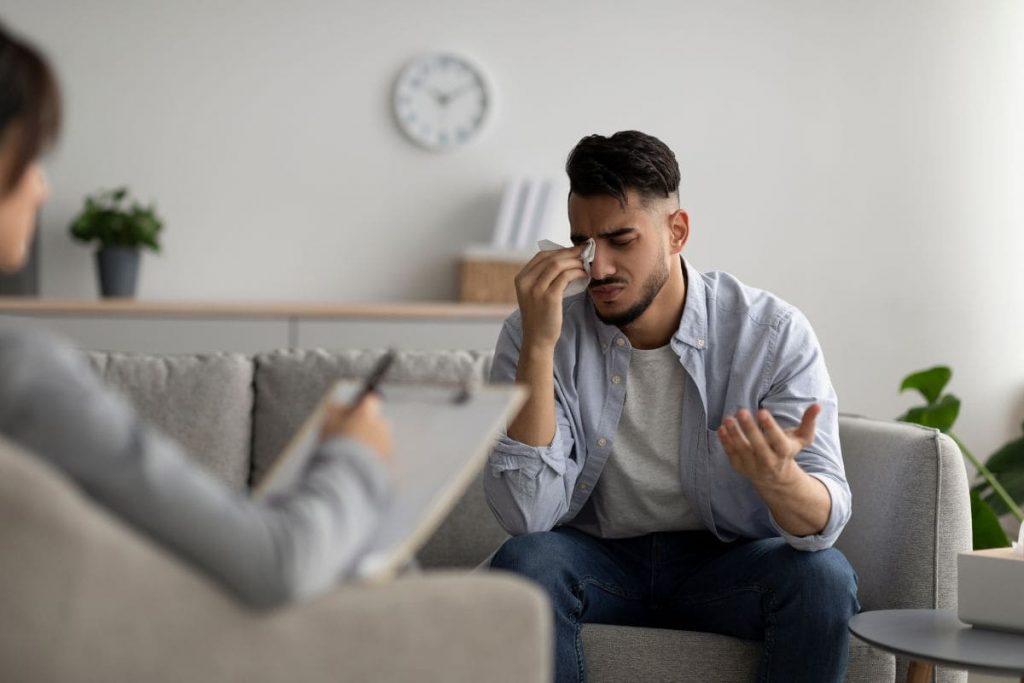
A trained therapist can provide a safe space to express feelings in order to gain insight into why I’m pushing potential partners away or ghosting them without explanation.
It could also be helpful to explore solutions such as learning how to communicate effectively with new partners or understanding how stress impacts relationships.
Therapy is not always easy, but if I am looking for answers to this mistery of why I keep pushing people away, professional guidance may be the key.
With the right help, I can identify any underlying issues which are causing me distress and develop strategies for working through them so that I no longer find myself pushing those closest to me away.
It takes courage and strength to start on this path of self-care and discovery and figure out what lies behind my behaviors.
Taking this first step, however, will lead me closer to resolving the mystery of why do I push people away – paving the way forward toward healthier connections with others in both my personal life and work life going forward.
Strategies To Overcome Avoidant Tendencies

Did you know that nearly half of all adults have experienced avoidant tendencies at some point in their lives? It’s true, and many don’t recognize the pattern until they’ve already pushed away a lot of people.
Fortunately, there are strategies to help us overcome these tendencies and create healthier relationships – even with new partners.
One key element is making an effort to be intentional about our behavior and reactions. If we’re feeling overwhelmed or scared by the potential for intimacy, it can be helpful to pause and consider why those feelings are coming up. Once we understand them better, we can make more conscious decisions instead of reflexively pushing people away.
Another important strategy is building trust gradually over time. When forming a connection with someone new, start off small by having conversations about simple topics like hobbies for introverts or interests before digging into deeper ones like family dynamics or past traumas. This allows both parties to get comfortable with each other before delving too deeply into emotionally intimate territory.
It’s also beneficial to focus on developing self-awareness so we can identify our own triggers and develop constructive coping mechanisms whenever they arise. With practice, this will give us the confidence to set boundaries when needed while still finding ways to stay connected with others in meaningful ways.
Things You Always Wanted To Know

How Can I Tell If I Am Pushing People Away?
There are several signs that may indicate that you are pushing people away:
- You cancel plans frequently: If you often cancel plans with friends or family, they may feel like you don’t value your time with them.
- You avoid social situations: If you consistently avoid social situations or events, it may signal that you are uncomfortable being around others.
- You don’t respond to messages or calls: If you frequently ignore calls, texts, or messages from friends or family, it may suggest that you are not interested in engaging with them.
- You are overly critical or negative: If you are constantly criticizing others or expressing negativity, people may perceive you as unpleasant to be around.
- You are emotionally unavailable: If you are not open to sharing your thoughts and feelings with others, they may feel like you are distant or uninterested in forming a connection.
Is It Possible To Repair Relationships That Have Been Damaged By Avoidant Behavior?
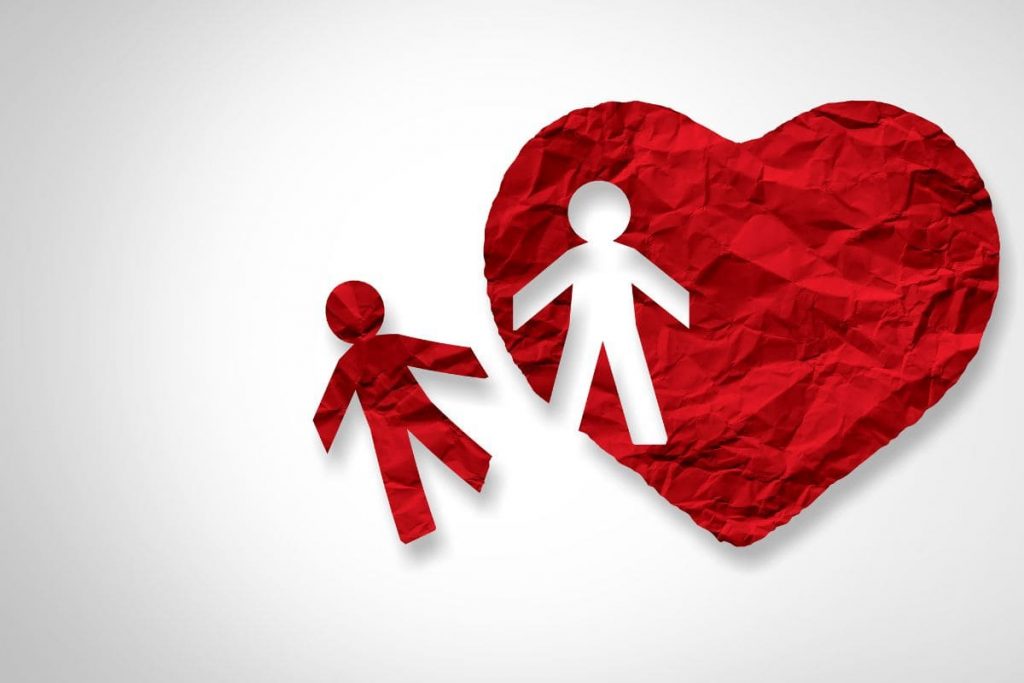
Yes, it is possible to repair relationships that have been damaged by avoidant behavior. It may take time, effort, and a willingness to make changes, but with the right approach, it is possible to rebuild trust and strengthen the connection with the person you have pushed away.
Here are some steps you can take to repair relationships damaged by avoidant behavior:
- Acknowledge the impact of your behavior: Take responsibility for your actions and the impact they had on the other person. Apologize for any hurt or pain you caused, and express your willingness to make amends.
- Be honest and transparent: Be open and honest with the other person about why you behaved in an avoidant manner. Share your thoughts and feelings, and try to communicate in a clear and direct way.
- Show empathy: Try to see things from the other person’s perspective and validate their feelings. Let them know that you understand how your behavior affected them, and show empathy and compassion.
- Make changes: Commit to making changes in your behavior, and take action to demonstrate your commitment. This might involve seeking therapy, working on your communication skills, or making a conscious effort to be more present and engaged in the relationship.
- Be patient: Rebuilding trust takes time, so be patient and understanding. Don’t expect immediate results, and be prepared to put in the work to repair the relationship over the long term.
Remember, repairing a damaged relationship is a two-way street, and both parties need to be willing to put in the effort to make things right. If the other person is also willing to work on the relationship, it is possible to heal and strengthen your connection over time.
Final Thoughts

I understand that it can be difficult to face the fact that I might be pushing people away and even more intimidating to consider seeking professional help. But this is an important step in understanding why I’m behaving in such a way and taking steps toward repairing any relationships that may have been damaged by my actions.
Seeking help does not mean admitting defeat or failure. It means acknowledging that something needs to change, and being brave enough to take the necessary steps to make those changes happen.
With the right amount of commitment and effort, I am confident that I can learn how to manage my unresolved trauma, anxiety, and perfectionism – all of which are contributing factors when it comes to pushing people away.
We all want meaningful connections and good relationships with others but sometimes we need a little bit of extra support along the way. Don’t let fear stop you from getting the help you need so you can get back on track and start forming healthier relationships with those around you.

